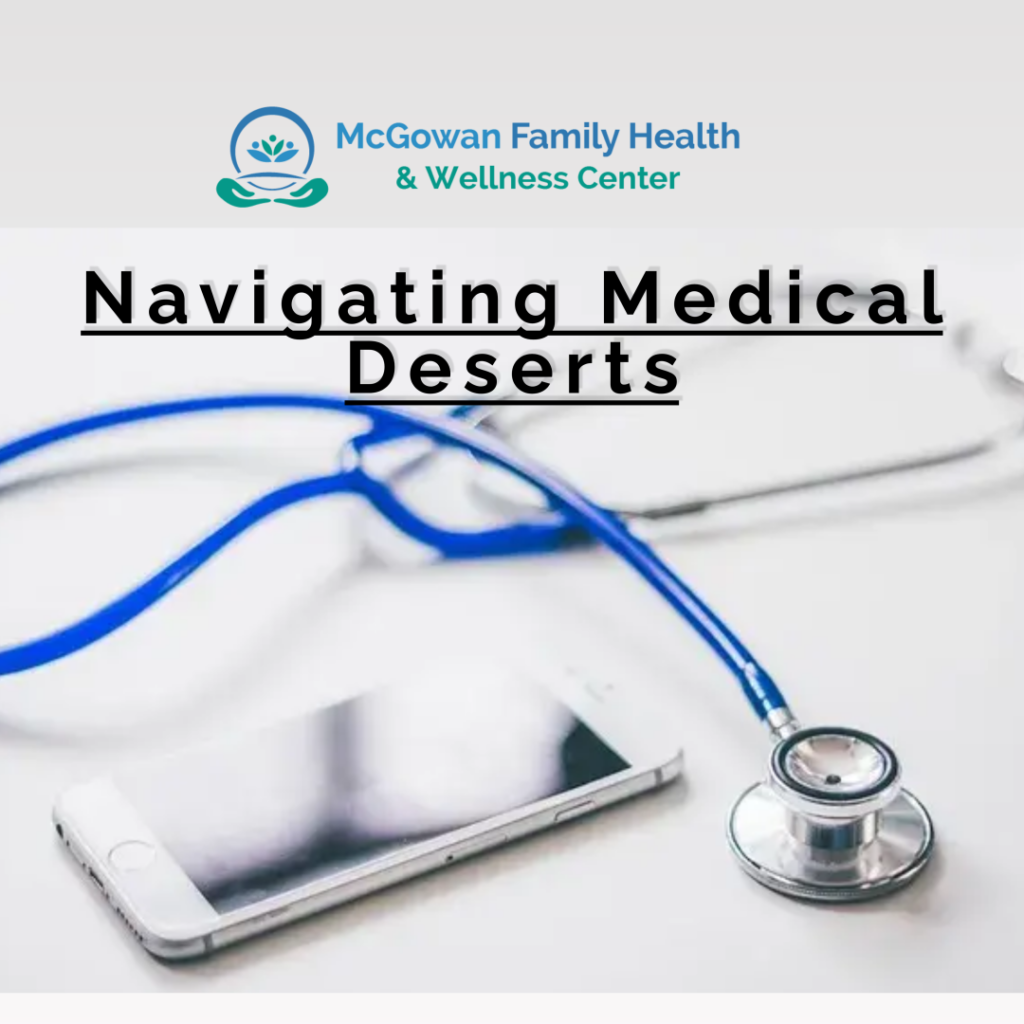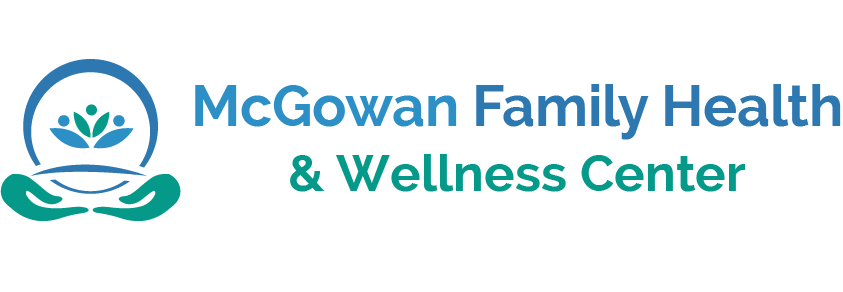A zip code has become a matter of life and death. Families that reside more than an hour away from a hospital may be sentenced to death depending on their location. A long ambulance trip raises your chances of dying. Patients experiencing respiratory crises, such as coronavirus infections, are more susceptible.

Since 1975, more over 1,000 hospitals in the U.S. have closed, resulting in Navigating Medical Desserts. Villagers coast to coast must drive more than 60 minutes to find a hospital. Medical deserts are the names given to these areas. They may be found in every state.
Now is the time to shore up our healthcare safety net’s obvious flaws.
Our healthcare infrastructure is in critical need of additional investment. Our healthcare infrastructure needs funding. The UK and US health systems’ capacity constraints will be surpassed, according to study from Imperial College COVID-19 Response Team and a family doctor Flossmoor health business. Even if all patients are treated, the report forecasts 250,000 UK deaths and 1.1-1.2 million US deaths.
As a doctor and co-chair of Black Women for Positive Change’s Health Committee, I encourage the nation’s leaders to implement three ideas to improve access to medical care and save lives.
The U.S. Congress should pass legislation to create free standing emergency departments.
FSEDs are 24-7 emergency departments in places without speedy treatment. Unlike hospitals, stand-alone emergency rooms are physically distinct. ER physicians run them. FSEDs may be hospital- or government-owned. They welcome walk-in patients as well as people who arrive via ambulance. These institutions treat and release patients while also transferring admitted cases by ambulance or helicopter to full-service hospitals. FSEDs may be built and maintained faster and cheaper than large hospitals. They are just as successful as hospital-affiliated emergency rooms at providing time-sensitive vital medical treatment. For patients who live in medical deserts, FSEDS can be a lifeline.
Make makeshift COVID hospitals out of underutilized places.
COVID-19 transmission can swiftly spread among health-care institutions and practitioners. Expanding critical beds with ventilators and separating COVID and non-COVID patients are vital. We must quickly convert empty sites into COVID hospitals. If not done immediately, doctors and other patients may infect non-COVID patients, increasing their morbidity and death. Every state has vacant convention buildings, cruise ships, coliseums, and concert halls that might become COVID-only hospitals. Separating patients physically is an important step in lowering death and morbidity rates.
Increase the capacity of medical flights and ground transports.
To strengthen emergency and critical care, we need more ambulances and helicopters. Transportation capacity must include more medical staff. Patients in medical deserts should not be denied transportation because of their geographical location or healthcare resources. Uber-style emergency transportation is needed due to the coronavirus epidemic.
For more information on medical desserts and other health topics call a whole family health center or us at (708)480-9730. Also learn about how the Diversity in Clinical Trials Reduces Health Disparities on our site now.


One Response